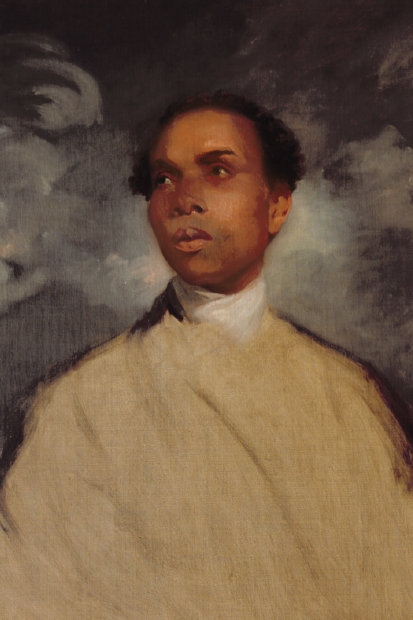We know a great deal about Samuel Johnson and virtually nothing about his Jamaican servant, Francis Barber. The few facts of which we can be certain are these: born into slavery, Barber was aged about seven when his owner, Colonel Richard Bathhurst — who may, Michael Bundock suggests here, have been his father — brought him to England in 1750 and placed him in a Yorkshire school. Five years later, on his deathbed, Bathurst bequeathed Barber £12 and his freedom. It was Bathurst’s son who introduced Francis, now 12 years old, to Dr Johnson, whose wife had died two weeks earlier. Thus Barber spent his next 30 years in Gough Square, Bolt Court, and Johnson’s Court. In 1773 he was joined by his wife, a white woman called Elizabeth Ball who gave birth to four children, two of whom were apparently white themselves, and in 1784, when Johnson died, Barber inherited the bulk of his estate.

Get Britain's best politics newsletters
Register to get The Spectator's insight and opinion straight to your inbox. You can then read two free articles each week.
Already a subscriber? Log in






Comments
Join the debate for just $5 for 3 months
Be part of the conversation with other Spectator readers by getting your first three months for $5.
UNLOCK ACCESS Just $5 for 3 monthsAlready a subscriber? Log in